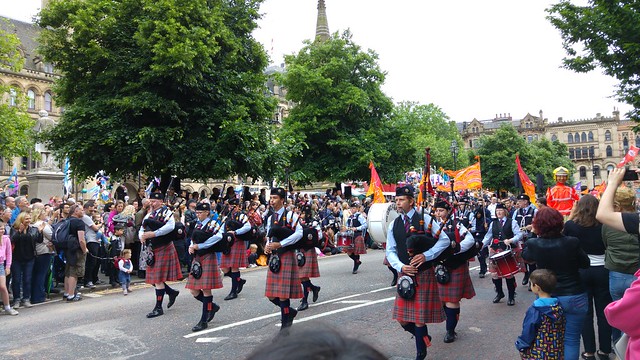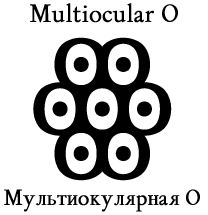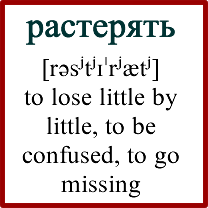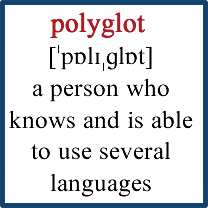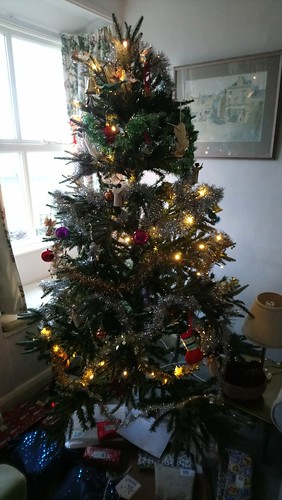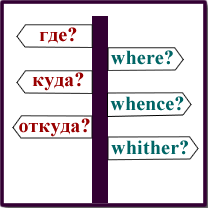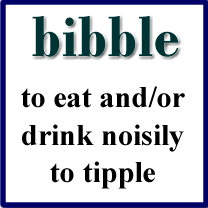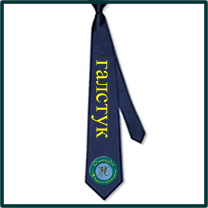
Today I discovered that the Russian word галстук [ˈɡalstʊk] (tie, necktie, neckerchief) was borrowed from the German Halstuch (tie, scarf, cravat, necktie, neckwear, kerchief, bandana, neckerchief neckcloth), or from the Dutch halsdoek (neckerchicef, scarf, shawl).
When words beginning with h are borrowed into Russian, the h becomes г (g), as there is no h sound in Russian. This is probably why I didn’t spot the connection between галстук and Halstuch before.
Halstuch comes from Hals (tail, stem, cervix neck, throat) and Tuch (cloth, sheet, square, blanket, drape, kerchief, towel, scarf, dishcloth).
There are quite a few other Russian words borrowed from German, including вахтёр (porter, janitor, watchman) – from Wächter, картофель (potatoes) – from Kartoffel, and клавир (keyboard instrument) – from Klavier.
Sources: Wiktionary, bab.la
